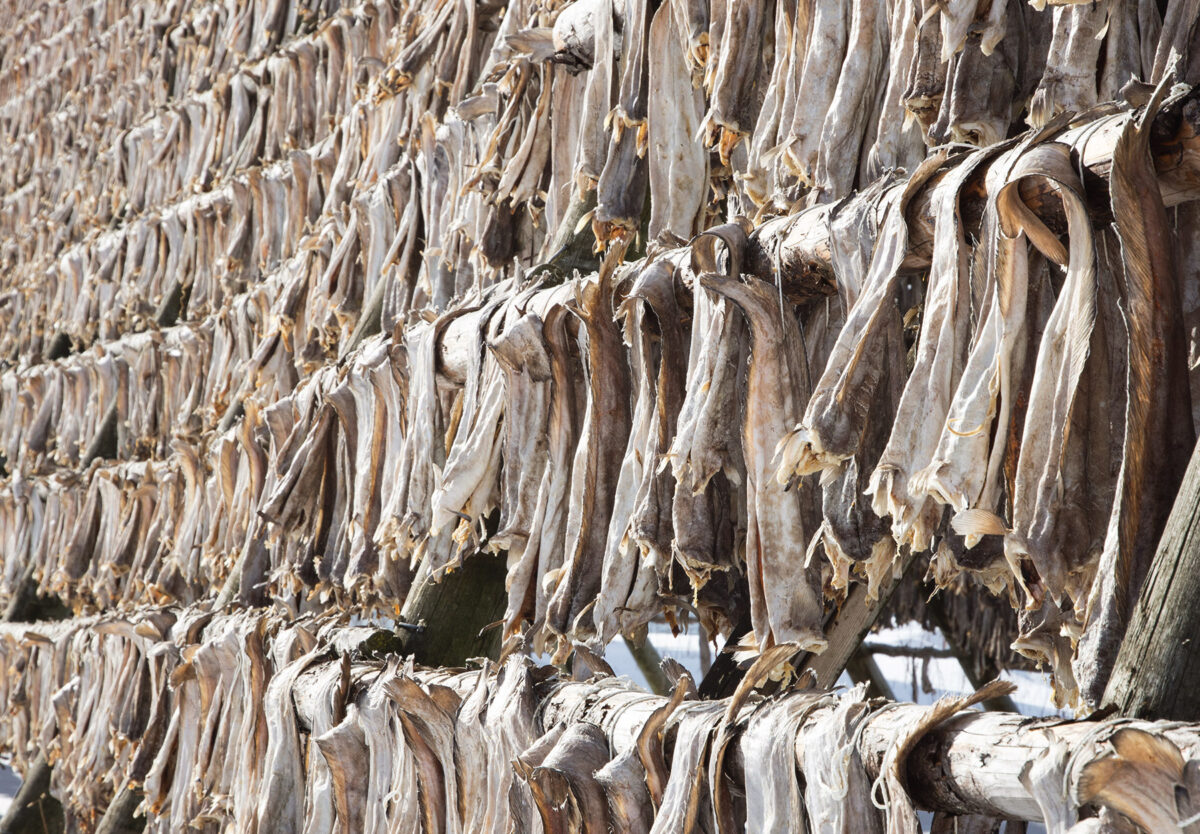The Africa Norwegian Seafood Council has called on the federal government of Nigeria to delist stock fish from items not eligible for forex, to ensure access to cheaper currency and reduce the cost of the produce to consumers.
The Director, Africa Norwegian Seafood Council, Trond Kostveit, made this appeal in Lagos, during an interactive workshop with stakeholders and regulatory authorities involved in stock fish and seafood imports and exports.
It can be recalled that in 2015, the Central Bank of Nigeria (CBN) listed pelagic fish and stock fish among 44 items not valid for the Foreign Exchange (Forex) Window for their importation into the country.
NITOA Laments Depletion of Fishing Trawlers Due to Illegal Fishing
Kostveit noted that the Nigerian-Norwegian seafood relationship is over a century old and that Nigeria is one of Norway’s largest markets, being the largest importer of Norwegian stock fish. He disclosed that Norway exported more than 10,000 metric tons of stock fish to Nigeria in 2020.
Consultant to the council, Abbey Cheke, while delivering her speech, noted that in order to improve aquaculture trading in Nigeria, the Norwegian Seafood Council has organized initial competence training with the objective of helping Nigeria’s aquaculture qualify for export.
EU,FAO, ECOWAS, Collaborate Over Fishery Management in West Africa
“In order to show that trade is reciprocal, we decided that we would go the extra mile to promote Nigeria’s aquaculture products. We have trained government officials and aquaculture practitioners in a sustainable way”. Cheke said
She asked the government to lift the forex ban since stock fish is not in competition with any aquaculture products in Nigeria because it can only survive in very cold weather, but the Nigerian water is temperate.
Cheke went on to explain that providing an enabling environment for stock fish is advantageous to the country due to the fact that it can be stored for more than two years without any additives or oil, making it the cheapest form of nutritious protein for everybody, including children.



